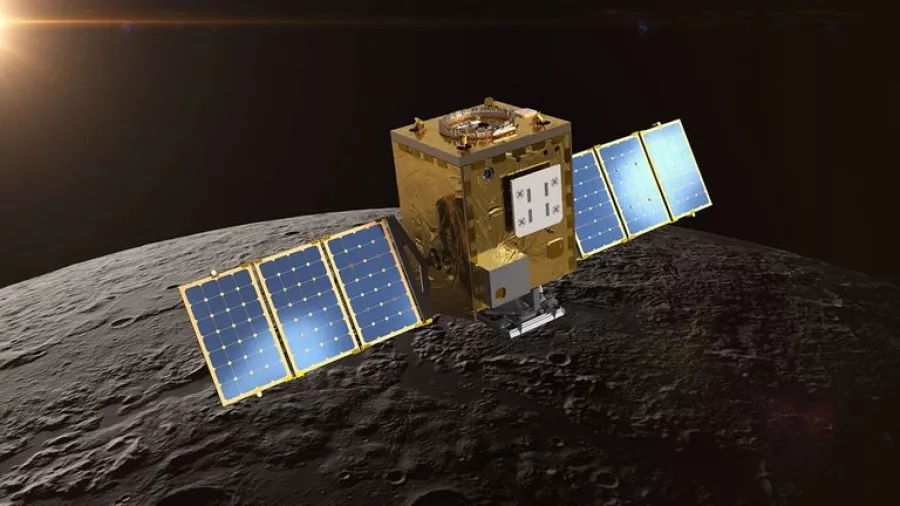 New results from looking at the split-second after the Big Bang indicate the universe is 80 million years older than previously thought and provide ancient evidence supporting core concepts about the cosmos — how it began, what it’s made of and where it’s going.
New results from looking at the split-second after the Big Bang indicate the universe is 80 million years older than previously thought and provide ancient evidence supporting core concepts about the cosmos — how it began, what it’s made of and where it’s going.
The findings released Thursday bolster a key theory called inflation, which says the universe burst from subatomic size to its now-observable expanse in a fraction of a second. The new observations from the European Space Agency’s $900 million Planck space probe appear to reinforce some predictions made decades ago solely on the basis of mathematical concepts.
“We’ve uncovered a fundamental truth of the universe,” said George Efstathiou, director of the Kavli Institute for Cosmology at the University of Cambridge who announced the Planck satellite mapping result in Paris. “There’s less stuff that we don’t understand by a tiny amount.”
“It’s a big pat on the back for our understanding of the universe,” California Institute of Technology physicist Sean Carroll, who was not involved in the project, told The Associated Press. “In terms of describing the current universe, I think we have a right to say we’re on the right track.”


 On February 26, 2025, a NASA probe called Lunar Trailblazer lifted off from Kennedy Space Center...
On February 26, 2025, a NASA probe called Lunar Trailblazer lifted off from Kennedy Space Center... She navigated segregation to become an esteemed mathematician — and today, her work helps billions of...
She navigated segregation to become an esteemed mathematician — and today, her work helps billions of... A newly discovered species of large dinosaur lived in marshy areas, hunted for fish and had...
A newly discovered species of large dinosaur lived in marshy areas, hunted for fish and had... Scientists may have discovered an explanation for a cosmic mystery uncovered by the James Webb Space...
Scientists may have discovered an explanation for a cosmic mystery uncovered by the James Webb Space...






























